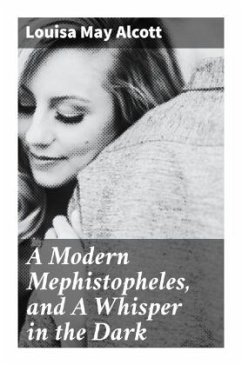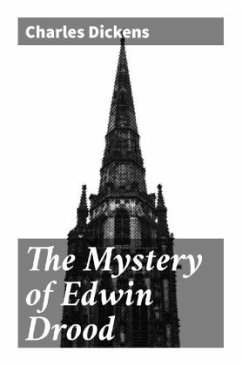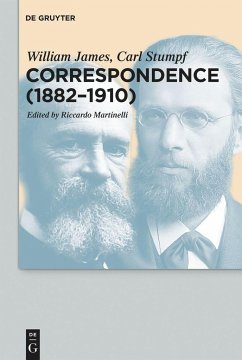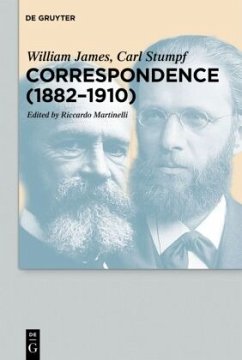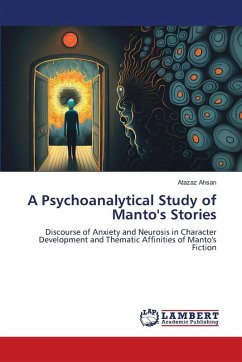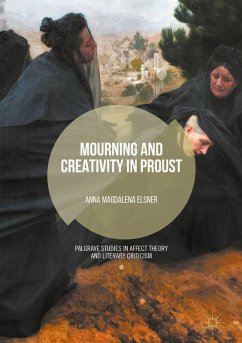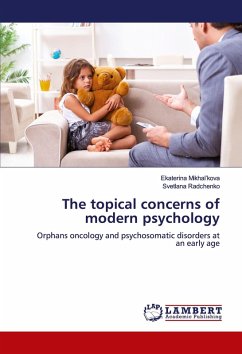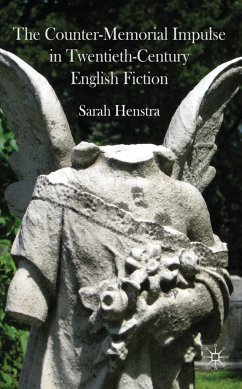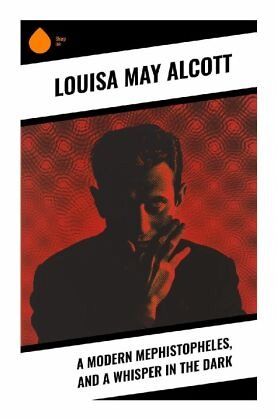
A Modern Mephistopheles, and A Whisper in the Dark
Versandkostenfrei!
Versandfertig in 6-10 Tagen
8,70 €
inkl. MwSt.

PAYBACK Punkte
0 °P sammeln!
In "A Modern Mephistopheles, and A Whisper in the Dark," Louisa May Alcott delves into the complexities of morality, ambition, and the darker facets of human nature. These intertwined novellas showcase her signature narrative style, characterized by rich character development and psychological depth. Alcott confronts the Faustian themes of desire and consequence, positioning her protagonists in morally ambiguous situations that force them to grapple with their inner demons. The exploration of societal expectations and the cost of personal ambition provides a critical lens into the 19th-century...
In "A Modern Mephistopheles, and A Whisper in the Dark," Louisa May Alcott delves into the complexities of morality, ambition, and the darker facets of human nature. These intertwined novellas showcase her signature narrative style, characterized by rich character development and psychological depth. Alcott confronts the Faustian themes of desire and consequence, positioning her protagonists in morally ambiguous situations that force them to grapple with their inner demons. The exploration of societal expectations and the cost of personal ambition provides a critical lens into the 19th-century American psyche, challenging the conventional ideals of her time. Louisa May Alcott, best known for her classic "Little Women," was deeply influenced by her own experiences and the transcendentalist movement that surrounded her. Her familial ties to abolitionism and women's rights permeated her work, fostering a desire to address the societal norms that confined individuals. "A Modern Mephistopheles" reflects Alcott's engagement with the darker side of human experience, a departure from her more familiar themes, showcasing her versatility as a writer who felt compelled to voice the struggles of her generation. Readers seeking a compelling narrative that grapples with ethical dilemmas and the pursuit of self at a cost will find this collection a profound exploration of human nature. Alcott's mastery of storytelling invites reflection on the struggles between societal constraint and individual ambition, making these works essential for both fans of classic literature and those interested in psychological fiction.



